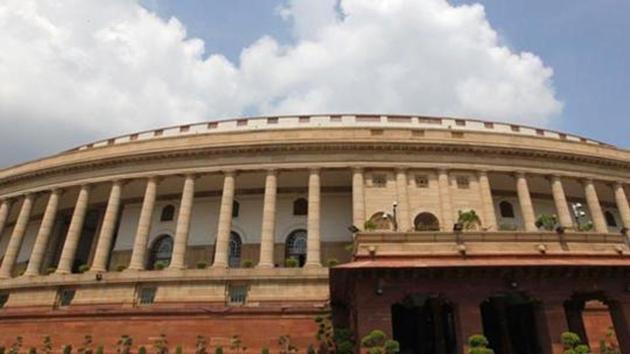Cabinet approves ordinance to seize properties of fugitive economic offenders
The ordinance seeks to confiscate properties of economic offenders, like Nirav Modi and Vijay Mallya, who have left the country to avoid facing criminal prosecution.
The Union Cabinet on Saturday approved the promulgation of an ordinance that empowers authorities to confiscate property of persons charged with economic offences and have left the country to escape trial.

The Cabinet chaired by Prime Minister Narendra Modi cleared the Fugitive Economic Offenders Ordinance, 2018, a senior government official confirmed on condition of anonymity. It will come into effect after the assent of President Ram Nath Kovind, which is likely in a few days, the official said.
“The ordinance is expected to re-establish the rule of law with respect to fugitive economic offenders as they would be forced to return to India to face trial for scheduled offences,” the official said.
The proposed law, a draft legislation of the Narendra Modi government, aims to impound and sell assets of alleged fugitives such as Nirav Modi, who is charged in a multi-crore fraud at Punjab National Bank.
It will apply to defaulters who have an outstanding due of ₹100 crore or more and refuse to return to the country.
It proposes to enable authorities to attach property of these “fugitive economic offenders” and the “proceeds of crime”, and place the burden of proof for establishing that an individual is a fugitive economic offender on the director or the person authorised by the director.
The ordinance provides for confiscating assets even without conviction and paying off lenders by selling off the fugitive’s properties. Such economic offenders will be tried under Prevention of Money Laundering Act (PMLA).
The bill tabled in Lok Sabha on March 12 provided for “measures to deter fugitive economic offenders from evading the process of law in India by staying outside the jurisdiction of Indian courts, to preserve the sanctity of the rule of law in India and for matters connected therewith or incidental thereto”.
The ordinance requires the director to move an application before a special court. The application will, among other things, have information about his whereabouts, a list of properties believed to be proceeds of a crime for which confiscation is sought, a list of benami properties, or foreign properties for which confiscation is sought, and a list of persons having an interest in these properties.
Upon receiving the application, the special court will issue a notice to the individual, requiring him to appear at a specified place within six weeks. If the person appears at the specified place, the special court will terminate its proceedings under the provisions of the bill.
The bill said there have been several instances of economic offenders fleeing the jurisdiction of Indian courts anticipating the commencement of criminal proceedings or sometimes during the pendency of such proceedings.
Appeals against the orders of the special court will lie before the High Court.
The bill was introduced in Lok Sabha in the budget session, but with the second leg of the session lost to disruptions, it could not be passed.






